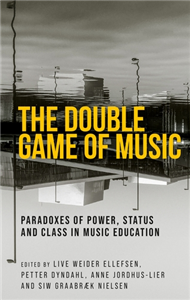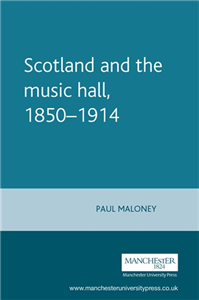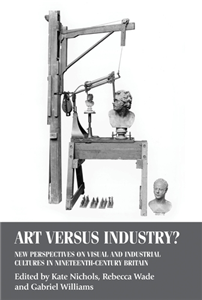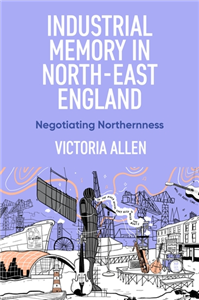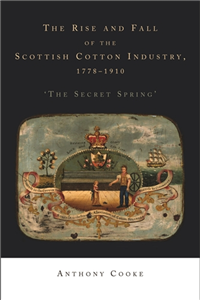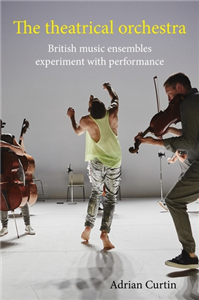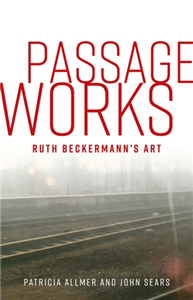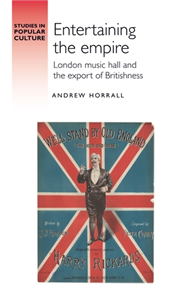Humanities & Social Sciences
May 2009
The cultural politics of Rock Against Racism
Marching to the beat of punk rock and reggae, Rock Against Racism was a mass movement built in opposition to racism and fascism in 1970s Britain. At a time of severe economic and social crises, RAR, alongside the Anti-Nazi League, organised one of the biggest and most effective political and cultural mobilisations of the post-war period. Expressing itself through spectacular carnivals, concerts, marches and innovative forms of design and communication, RAR combined hard-headed political organisation with the optimism and energy of radical youth culture. Drawing on interviews with activists, supporters and critics, and based on the latest research, Crisis music explores the nature of this ground-breaking politico-cultural phenomenon. The author explains why RAR seized upon the power and passion of punk and reggae, and how this has helped to shape the boundaries of modern popular music. He also offers, for the first time, a clear picture of the relationship between RAR and its main political sponsor, the Socialist Workers Party. Crisis music discusses RAR's place within the left's often-troubled encounters with popular culture, and draws comparisons with other music-based movements and campaigns, such as the post-war folk revival and Live 8. This book casts light on numerous current debates: about 'celebrity politics' and the role of musicians as political spokespeople, for instance, and the links between ethnicity, popular culture and politics. It will be of value to students and researchers in cultural studies, politics and labour history, and to anyone interested in the role of culture in political activity. ;




